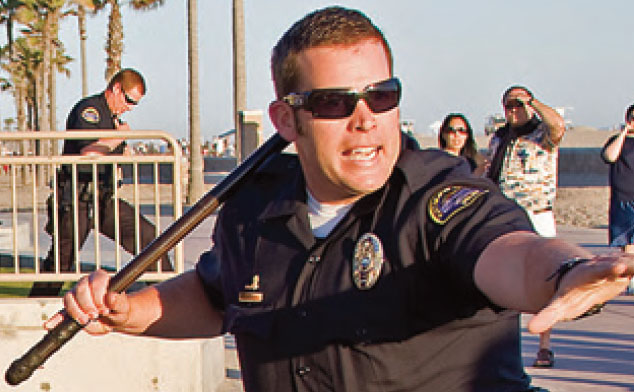UN Human Rights and Wrongs
Last Friday’s post “Poverty is not a human rights violation” spurred a very healthy dialogue on rights, including a response from Amnesty International , which mentioned the UN Declaration of Human Rights. I will not be a last word freak and answer Amnesty directly. But let’s talk about rights at the UN. The UN publicizes such positive rights as “right to water,” “right to housing,” “right to health”, etc. These rights sound wonderful, while not imposing any specific obligation whatsoever on any specific actor to do any specific thing for any specific poor person. It is impossible for the UN or any other body to allocate responsibilities for observing the “right to water,” and also decide who will be first in line among the 884 million people now without clean water. So even if the UN creates international pressure to observe these “rights,” the pressure is diffused across so many potential actors with unclear responsibility that it has no effect, accomplishing nothing for poor people.
What about the UN’s record on the more traditionally defined “negative” human rights, like freedom from state killings and torture? These human rights are a lot easier to specifically address – the UN could denounce human rights violations, identifying the violator and the victim each time. Here international pressure could have more of an effect, because it is applied to very specific wrong-doers to stop very specific actions against specific victims -- some of whom are in the Amnesty International 2009 report
According to Amnesty, among those who could appeal to the UN Human Rights Council are:
--the families of the 100 Cameroonian demonstrators that dictator Paul Biya’s forces killed in February 2008, shooting some in the head at point blank range
-- the family of Paltsal Kyab, 45, a Tibetan from Sichuan province, who died in Chinese police custody on May 26, 2008, after having been present at a protest march on March 17, 2008. The Chinese government did not allow his family to visit him in detention. When his family members went to claim his body, “they found it bruised and covered with blister burns, discovering later that he had internal injuries.”
---the 49 people the Egyptian government arrested after violent protests on April 6, 2008 in Egypt. The trial began in August 2008 before “the (Emergency) Supreme State Security Court…The defendants said they were blindfolded for nine days and tortured by State Security Investigation (SSI) officials …{including} beatings, electric shocks and threats that their female relatives would be sexually abused…Twenty-two of the defendants were sentenced in December to up to five years in prison.”
So such victims could appeal to the UN Human Rights Council for their rights vis-à-vis the governments of Cameroon, China, and Egypt – except that the governments of Cameroon, China, and Egypt are MEMBERS of the UN Human Rights Council. The UN is perpetrating a sick joke on such victims, by filling the Human Rights Council with human rights violators. This travesty is already well known, but that doesn’t mean anyone who cares should stop talking about it.
So here’s the scorecard on UN human rights. On something like “the right to water,” where it is impossible to identify who is violating such “rights,” the UN talks big. On human rights violations like killings and torture, where the UN knows precisely who is the violator, the UN sometimes shows up on the violator's side.
 From Aid to Equality
From Aid to Equality

 The title of this blog will make many think I am callous, and yet I definitely agree that poverty is an EXTREMELY BAD THING. Perhaps some use the words “human rights violation” to be equivalent to “extremely bad thing,” but why? There are many different “extremely bad things,” and it helps if everybody discriminates between them.
The title of this blog will make many think I am callous, and yet I definitely agree that poverty is an EXTREMELY BAD THING. Perhaps some use the words “human rights violation” to be equivalent to “extremely bad thing,” but why? There are many different “extremely bad things,” and it helps if everybody discriminates between them.